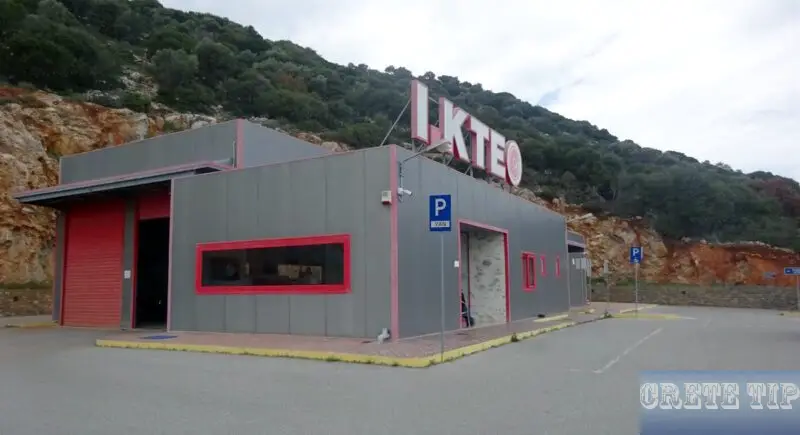New Enforcement Measures Introduced for Uninsured and Untested Vehicles.

Uninsured vehicles or vehicles without MOT
The countdown to the general inspection of uninsured or technically uncertified vehicles has begun.
Starting on Monday, 16 June, the General Secretariat for Information Systems and Digital Governance is preparing to ‘activate’ the first major electronic checkpoint to identify vehicles that are on the road without insurance or MOT certification.
The system uses data from the public administration authority, the Ministry of Infrastructure and Transport, the General Insurance System and the Association of Insurance Companies of Greece.
The inspections take place twice a year and non-compliance can result in heavy fines and administrative sanctions such as the removal of number plates and registrations.
Fines
The law sets clear fines for vehicles found in breach of insurance, technical inspection (KTEO), or tax obligations.
The fines are as follows:
Vehicle Type |
Fine for No Insurance |
Fine for No KTEO |
Notes |
|---|---|---|---|
Buses and Public Trucks |
€1,000 |
€400 |
Heavier fine due to public use |
Passenger Cars |
€500 |
€400 |
Applies to all passenger cars and similar types |
Motorcycles |
€250 |
€400 |
Lower insurance fine due to vehicle size |
Additional penalties kick in if vehicle taxes stay unpaid for a year or more.
In that case, the driver or owner has to cough up the equivalent of the annual vehicle tax, on top of everything else.
Repeat offenders get hit even harder.
If you get caught again, the fines double, and authorities will take away your registration plate and licence.
You only get them back after showing valid insurance, a current KTEO certificate, proof of paid taxes, and the fine receipt.
Breaching these rules can lead to serious consequences—not exactly something you want to risk.
Rechecking
After a fine, there’s a mandatory recheck three months later using electronic cross-checking systems.
At that point, authorities look to see if you’ve sorted things out.
If you still haven’t complied, they’re not messing around—registration and plates get removed, no exceptions.
They’re not giving them back until you prove you’ve ticked every box:
- Valid insurance contract
- Passed technical inspection (KTEO)
- Paid any outstanding vehicle taxes
- Paid imposed fines
This follow-up happens twice a year, keeping everyone on their toes and making it much harder to slip through the cracks.
Hunting down illegally driven vehicles

The Independent Authority for Public Revenue (AADE) carried out more than 400 targeted checks around the country in just one week.
They were looking for illegal vehicle activity—stuff like people trying to sneakily cancel immobilisation, driving cars with foreign license plates, or not sorting out customs clearance for used vehicles from the EU.
From 426 inspections:
- 10 cases confirmed violations immediately
- 78 cases remain under investigation
- 31 vehicles were seized to secure applicable taxes and duties
The fines for these violations are pretty straightforward:
Violation Type |
Fine Range |
|---|---|
Illegal immobilisation removal |
€10,000 – €30,000 |
Use of cars with foreign plates |
€2,500 – €10,000 |
Late submission of special tax declaration (daily) |
€10 – €50, depending on engine size |
The measures involve intense checks and a lot of cross-referencing between cameras and databases.
AADE’s pushing hard to keep things in line and make sure taxes and duties aren’t slipping through the cracks.
If a vehicle gets seized, it’s basically out of action until all the payments and paperwork are sorted.
Honestly, it’s a sign that the authorities aren’t letting up on cracking down—no one’s getting a free pass on road and tax rules these days.




